Research
ProCVT can effortlessly gather large quantities of health data which, when anonymised, will become a valuable resource for companies, governments and research organisations. Thus PBM aims to become the go-to partner for clinical and commercial health monitoring and research by third party organisations.
Sleep Quality - An initial pilot study by Dr Peter Julu (Consultant Autonomic Neurophysiologist - Queen Mary’s Hospital), Dr Shane Delamont (Consultant Neurologist and Honorary Lecturer at King’s College) and Dr Guy Leschziner (world renowned expert on sleep and head of the Sleep Disorders Clinic Guy’s & St Thomas’ Hospital) has proved ProCVT’s ability to measure arousal suppression during sleep:
“The current results from the New Zealand study strongly suggests that CVT can be used to indicate the strengths of arousal inhibition during sleep. The strength of arousal inhibition is turned up probably to its maximum possible level when the body requires rest and it is gradually reduced to its lowest level during deep sleep. This process is repeated whenever arousal rises to a level that is not compatible with deep sleep either during the ongoing sleep or whenever the body still requires rest.” Dr Peter Julu.
This research has demonstrated CVT’s unique capability to objectively measure brainstem activity, opening up the potential to make clinical level measurements of a person’s sleep effortlessly and over time. The accuracy of ProCVT significantly exceeds that of existing wrist based wearables, showing a 98% correlation with slow wave sleep patterns captured from a brain wave monitor (EEG). For the first time there will be a high correlation between a sleep tracker user's sleep experience and the actual output of the tracker.
Diabetes Management - Studies have already been published that have shown CVT is an effective screening tool for Cardiovascular Autonomic Neuropathy, which is a widespread (62% of type 2 diabetics), poorly detected and potentially fatal condition associated with diabetes. As a result the International Autonomic Group (IAG) has recently been set up comprising the Aalborg University Hospital in Denmark, Queen Mary’s University Hospital in London and ProBiometrics. The first research program being carried out by the IAG culminates in an international multicenter intervention study that will leverage ProCVT to measure overnight glucose spikes that will ultimately lead to the accurate titration of the latest diabetes medication, improving effectiveness of such treatments whilst significantly reducing costs.
Cardiovascular disease - There is a group of people who are concerned about their health and worried that their lives will be cut short by an acute and catastrophic event, such as a heart attack. ProCVT currently records a high resolution ECG from the customer every night. In the future PBM will be developing automated AI based software to analyse these ECG recordings and alert the customer if they start to develop heart disease or if an existing condition begins to degrade. As a result the customer will be able to seek professional treatment. The aim of the product will be to provide reassurance to the customer that there actually is nothing wrong and they are not about to suffer a cardiac arrest.
Anaesthesiology - a trial proposal has been submitted to PBM by a leading professor of anaesthesiology in which it is proposed that there is a benefit to ProCVT monitoring of ECG and Respiration Rate in operating theatres due to absence of wires/leads. It will reduce set-up time and inconvenience when moving patients, and post operative vital signs monitoring time. Furthermore, a real time monitoring of CVT allows the surgeon to better to actually see what hurts the patient, reducing complications and improving postoperative recovery.
